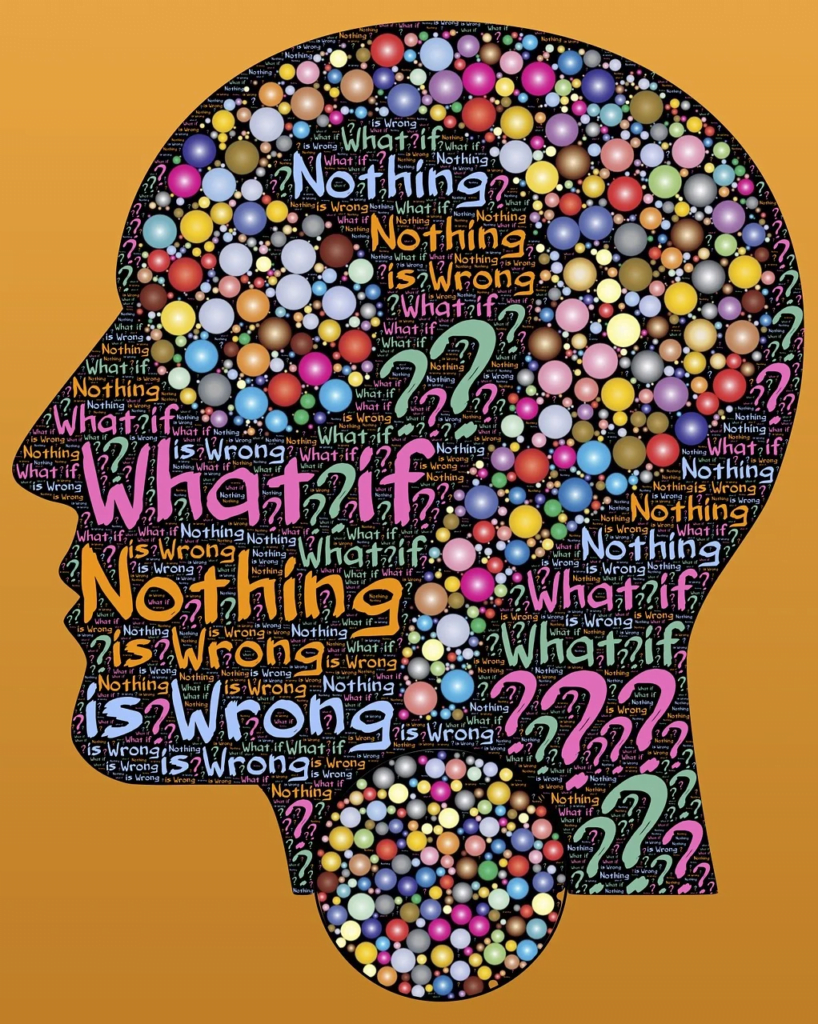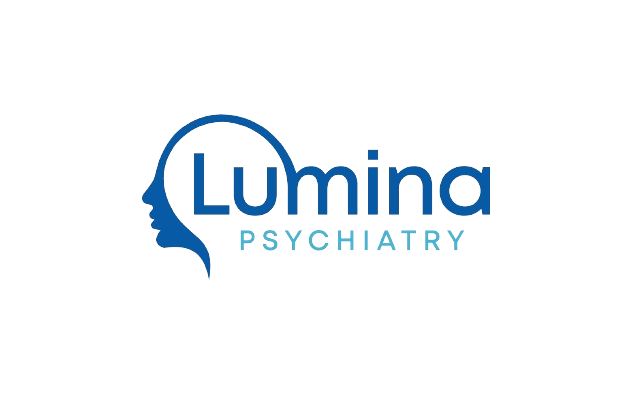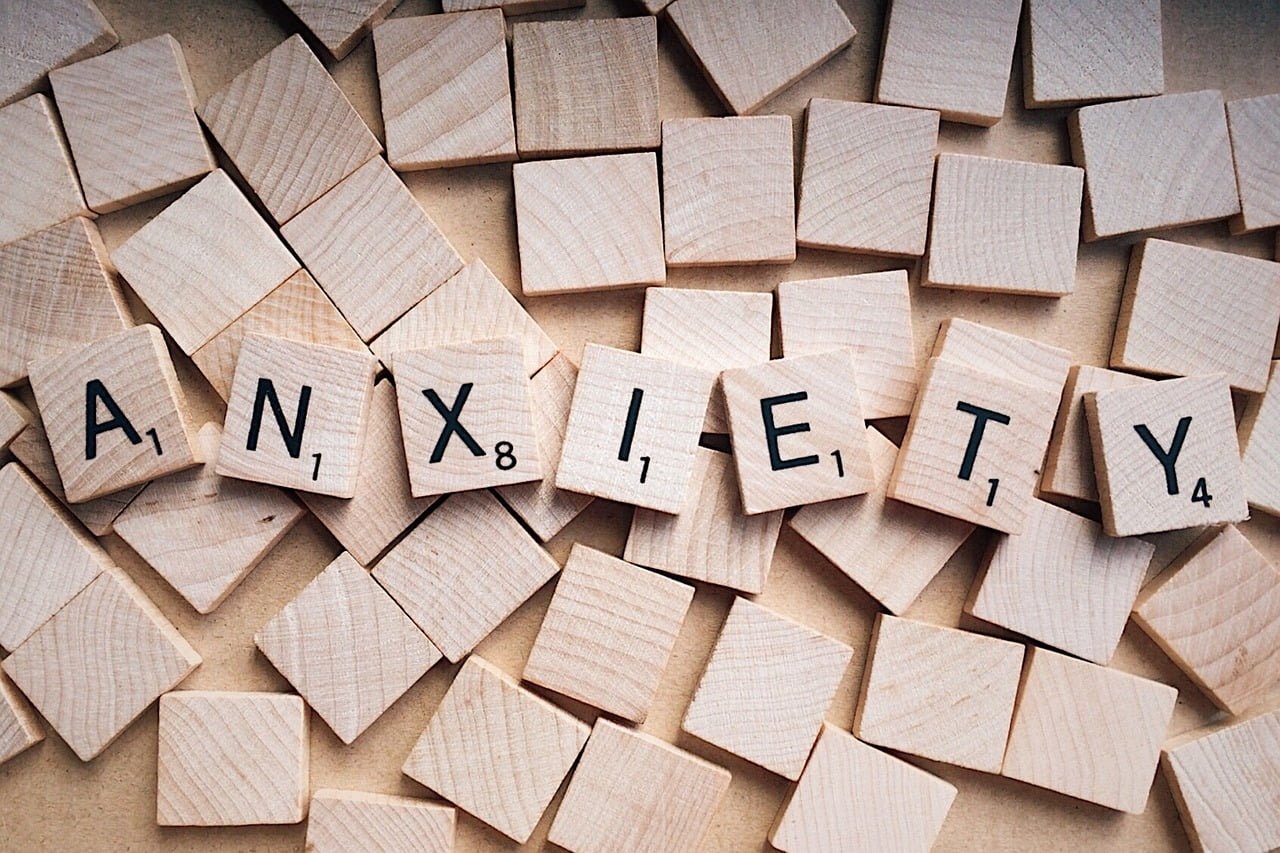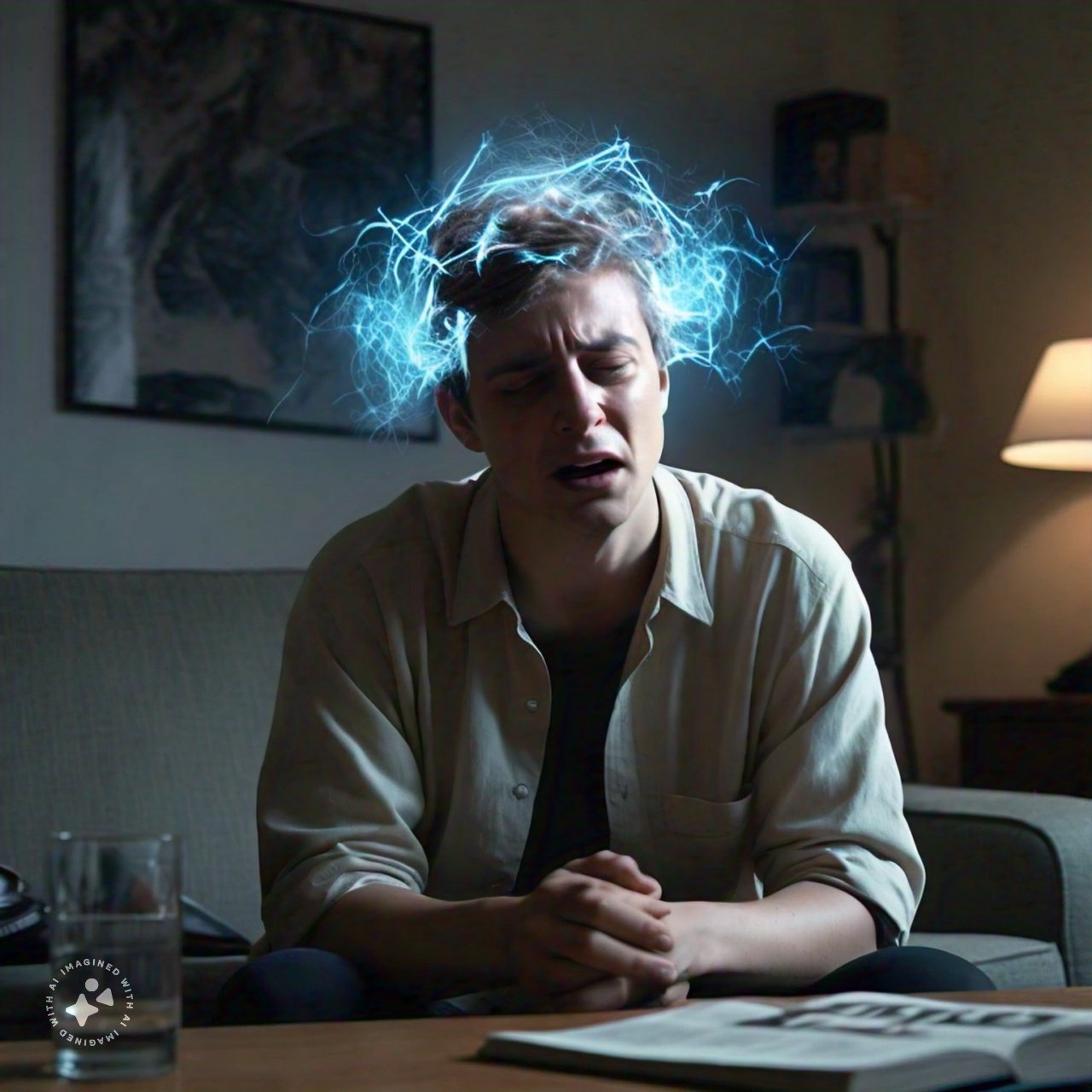Anxiety disorders stand as some of the most common mental health conditions worldwide, significantly impacting millions of lives each day. These disorders go beyond the occasional worry or fear, enveloping individuals in a relentless tide of anxiety that interferes with daily functioning and well-being.

The complexity and variety of anxiety disorders, including Generalized Anxiety Disorder (GAD), Panic Disorder, and Social Anxiety Disorder, underscore the necessity for a deep understanding and strategic approach to management and treatment.
Recognizing the profound effect these conditions have on both personal and professional spheres is the first step towards recovery. Enter Lumina Psychiatry, a beacon of hope and innovation in the mental health landscape. With a steadfast commitment to providing personalized, comprehensive care, Lumina Psychiatry stands at the forefront of combating anxiety disorders. Through cutting-edge treatments and a compassionate approach, Lumina Psychiatry is dedicated to empowering individuals, guiding them through the darkness of anxiety towards a brighter, more serene future.
Understanding Anxiety Disorders
Definition and Importance
Anxiety disorders go beyond typical anxiety. They are chronic and can severely disrupt daily life. Unlike the anxiety everyone experiences in response to specific events, anxiety disorders persist and often escalate over time. Recognizing the difference is key to seeking proper treatment.
Common Types of Anxiety Disorders
Several types of anxiety disorders affect people differently:
- Generalized Anxiety Disorder (GAD): This involves constant worry over everyday matters, big or small.
- Panic Disorder: Individuals experience sudden, intense bouts of fear or panic attacks, sometimes without a clear trigger.
- Social Anxiety Disorder: This is a fear of social situations due to worries about embarrassment or judgment by others.
Each type has unique symptoms, but they all share the commonality of excessive, uncontrollable anxiety affecting one’s quality of life. Understanding these distinctions helps in identifying and treating the specific disorder an individual might be facing.
Symptoms of Anxiety Disorders
Physical Symptoms
Anxiety disorders often manifest through physical symptoms that can be as debilitating as the psychological effects. Common physical signs include heart palpitations, shortness of breath, excessive sweating, and even gastrointestinal issues. These symptoms can escalate in social situations or moments of stress, making it hard for individuals to feel comfortable in their own skin.
Psychological Symptoms
Beyond the physical, anxiety disorders deeply affect the mind. Persistent worry and fear dominate, making it challenging to concentrate or find peace. This constant state of tension can lead to irritability, sleep disturbances, and a sense of impending doom, trapping individuals in a cycle of anxiety.

Impact on Daily Life
These symptoms significantly impact both personal and professional aspects of life. Relationships may strain as individuals struggle to communicate their experiences or withdraw due to fear of judgment. Professionally, the inability to concentrate or cope with stress can hinder performance and advancement. The cumulative effect of these challenges can lead to isolation, depression, and a diminished quality of life, underscoring the importance of recognizing and addressing the symptoms of anxiety disorders promptly.
Modern Treatments for Anxiety Disorders
Psychotherapy
Cognitive-behavioral therapy (CBT) stands out as a highly effective treatment for anxiety disorders. It targets negative patterns of thought and behavior that fuel anxiety. Through CBT, individuals learn practical strategies to confront and manage their fears, leading to significant improvements in their symptoms and overall quality of life.
Medication
Medications play a crucial role in managing anxiety for many. Antidepressants, often SSRIs or SNRIs, help balance brain chemicals to reduce anxiety symptoms. Benzodiazepines, used short-term, can quickly relieve intense anxiety episodes. However, doctors must carefully monitor their use due to potential dependency risks. Other medications, including beta-blockers, may also help manage specific symptoms like palpitations or tremors.

Lifestyle Changes and Coping Strategies
Incorporating healthy lifestyle choices significantly aids in managing anxiety. Regular exercise, a balanced diet, and sufficient sleep all contribute to lower anxiety levels. Additionally, stress management techniques such as mindfulness, meditation, and deep breathing exercises can provide immediate relief in anxious moments and build resilience over time.

Emerging Therapies
The field of anxiety treatment is constantly evolving, with new and innovative therapies on the horizon. These include virtual reality exposure therapy, which safely exposes individuals to their fears in a controlled, virtual environment, and transcranial magnetic stimulation (TMS), a non-invasive procedure that uses magnetic fields to stimulate nerve cells in the brain to relieve symptoms of anxiety. Researchers continue to explore these and other treatments, offering hope for more effective solutions in the future.
Lumina Psychiatry’s Role in Treating Anxiety Disorders
Personalized Care Approach
Lumina Psychiatry champions a personalized care approach, recognizing that each individual’s experience with anxiety is unique. They craft tailored treatment plans that address the specific needs, preferences, and circumstances of their patients. This personalized strategy ensures that every individual receives the most effective and compassionate care possible.
Integrating Modern Treatments
Lumina Psychiatry stays at the forefront of mental health care by incorporating the latest advancements in psychotherapy, medication, and lifestyle interventions. They utilize evidence-based therapies such as CBT and are adept at prescribing the most effective medications with a keen eye on each patient’s holistic well-being. Moreover, they advocate for and guide their patients in adopting healthy lifestyle changes that support mental health, demonstrating a comprehensive approach to anxiety management.
Support Beyond Treatment
Understanding that healing extends beyond the clinic, Lumina Psychiatry offers ongoing support and education to both patients and their families. They provide resources and tools to help everyone involved understand anxiety disorders, fostering a supportive environment that encourages recovery and growth. This commitment to continuous care underscores Lumina Psychiatry’s dedication to their patients’ long-term wellness and success in overcoming anxiety.
Conclusion
Recognizing and treating anxiety disorders is crucial for leading a fulfilling life. With the right help, like the comprehensive services Lumina Psychiatry offers, individuals can effectively manage their symptoms.
Lumina Psychiatry empowers people to overcome the challenges of anxiety, ensuring they have the support needed to thrive. If you or someone you know struggles with anxiety, seeking professional help can be a transformative step toward recovery. Don’t let anxiety control your life; assistance is available to guide you towards a brighter, more secure future.
Take the first step towards managing anxiety by reaching out to Lumina Psychiatry today. For a consultation or more information on how we can help, visit our website or contact us directly. Don’t let anxiety hold you back any longer. Explore our services at Lumina Psychiatry’s website. Start your journey to a calmer, more controlled life now.




